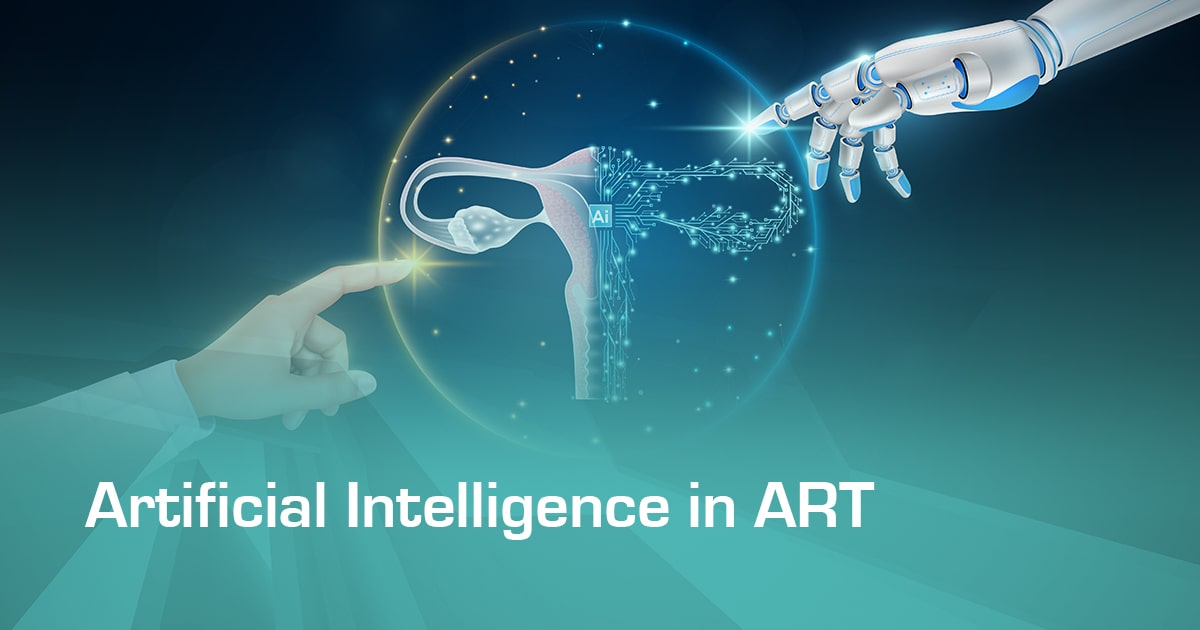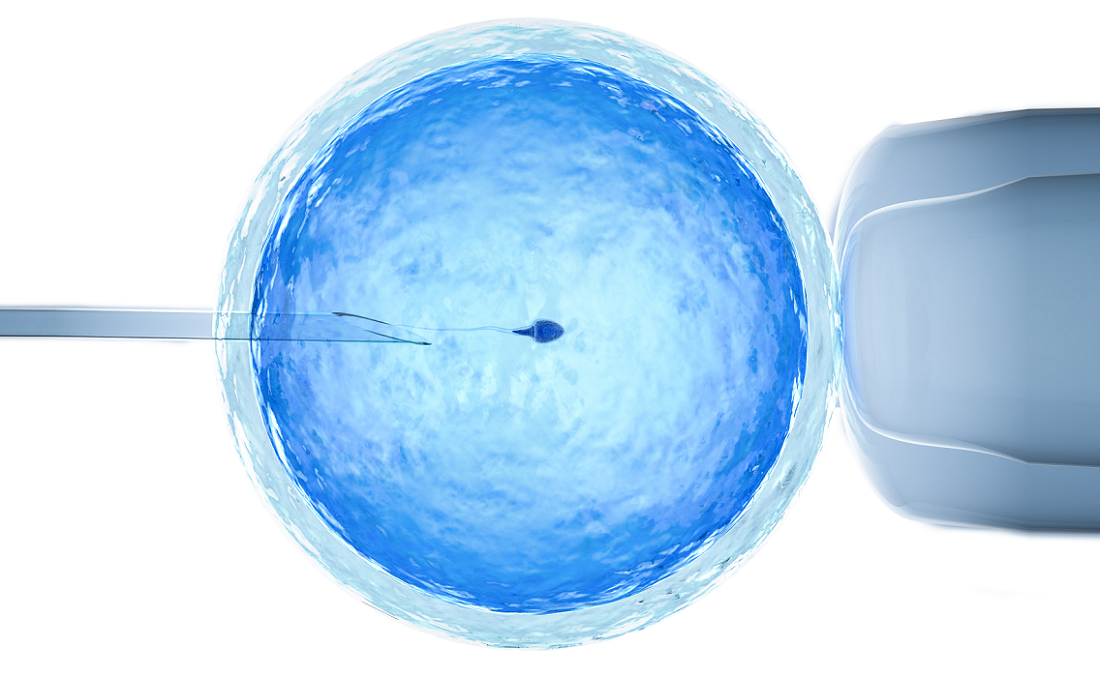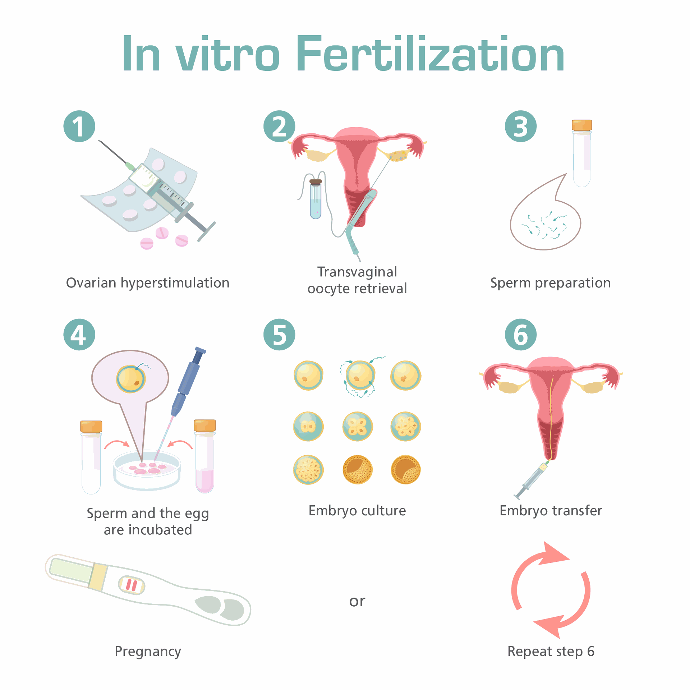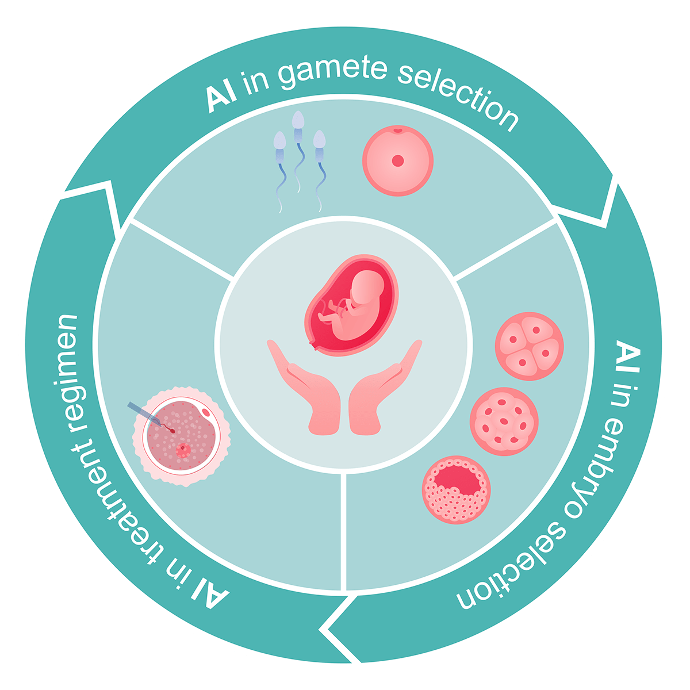Enhancing IVF Laboratory Success: A Commitment to Precision and Quality
In vitro fertilization (IVF) is one of several assisted reproductive techniques (ART) performed to treat infertility, and assist infertile couples to have a child. IVF is a process of fertilization where an egg is combined with sperm outside the body, in vitro ("in glass"). The process involves monitoring and stimulating a woman's ovulatory process, removing an ovum or ova (egg or eggs) from the woman's ovaries and letting sperm fertilize them in a liquid in a laboratory. After the fertilized egg (zygote) undergoes embryo culture for 2–6 days, it is implanted in the same or another woman's uterus, with the intention of establishing a successful pregnancy.
Analis, together with its partners, offers local support and expertise in state-of-the art equipment developed to support the actual and future needs of IVF laboratories.
Esco Medical is the leading manufacturer and innovator of high-quality equipment such as long-term embryo incubators and time-lapse incubators, ART workstations, anti-vibration tables and is continuously developing advanced technologies to meet the increasing demand of the IVF industry. The Miri Evidence Witnessing & Traceability Tool, and the use of artificial intelligence to assist embryo selection perfectly illustrate this.
The slightest deviation often results in non-optimal conditions for embryo growth and can lower pregnancy success.
Our primary focus is to aid fertility clinics and laboratories in increasing pregnancy success rates. This is why we understand that even the smallest details matter to the way in vitro fertilization is being performed.
With Analis, in partnership with Esco Medical Products, life has begun!
In-vitro fertilization (IVF) as a fertility treatment
IVF is a process of fertilizing an egg with a sperm outside the body, and then transferring the embryo into the uterus. IVF can help people who have difficulty conceiving naturally, such as those with blocked fallopian tubes, low sperm count, or genetic disorders. IVF has some risks and side effects, such as multiple pregnancies, ovarian hyperstimulation syndrome, or ectopic pregnancy. IVF also involves ethical and emotional issues, such as the disposal of unused embryos, the cost of treatment, or the psychological stress of the procedure.
MIRI® Evidence: Automated Witnessing System
Explore the pinnacle of IVF technology with Esco Medical's MIRI® Evidence. This advanced multiroom incubator is designed to revolutionize embryo culture environments, ensuring precise control for optimal development. With features such as individual chambers, real-time monitoring, and sophisticated data analytics, MIRI® Evidence enhances success rates, fosters healthier embryos, and streamlines workflow efficiency in reproductive laboratories. Dive into the future of assisted reproductive techniques with this cutting-edge solution.
Discover the videoLearn moreArtificial Intelligence : Revealing the power of A.I. in ART
Explore the synergy of Artificial Intelligence (AI) in Assisted Reproductive Technology (ART) on Esco Medical's page. Delve into how AI enhances embryo selection, optimizing success rates in fertility treatments. Learn about Esco Medical's commitment to incorporating AI into their innovative solutions, redefining the landscape of reproductive healthcare. Visit the pages for a glimpse into the future of AI-driven advancements in ART.
Discover AI-Powered CHLOE EQ™Learn about AI in ART from 1955 until todayHow Does AI Help in Embryo Selection ?
Accurate evaluation of embryo viability is crucial for optimizing IVF treatments and increasing pregnancy rates. Usually, embryologists depend on non-invasive visual evaluations of embryos or oocytes. This assessment emphasizes characteristics like morphology and dynamic development, particularly during the blastocyst stage. However, this evaluation is inherently subjective, leading to variability between different observers and even within the same observer, influenced by factors such as embryo scoring systems and the embryologists experience and expertise, ultimately affecting the final success rate. Moreover, the transfer of multiple embryos per cycle, while potentially increasing the success rate, raises the risk of complications like pre-eclampsia and maternal haemorrhage, as well as the likelihood of multiple pregnancies.
The integration of AI with automated morphological analysis of embryos or blastocysts presents an enticing solution. In 2012, Santos Filho and colleagues presented a semi-automated grading technique. This method involved tasks such as image segmentation and classification specifically applied to human blastocyst images. The researchers employed SVM classifiers to evaluate the inner cell mass (ICM) and trophectoderm (TE) quality. Through an analysis of fractal dimensions and mean thickness in TE and ICM image textures, they successfully characterized the crucial morphological attributes of the blastocyst. Additionally, optimizing microscope settings, such as enhancing contrast and delineating individual features more distinctly, may further refine image analysis.
Adapted from: JM Raimundo, P Cabrita, "Artificial intelligence at assisted reproductive technology," Procedia Computer Science, Volume 181, 2021, Pages 442-447, ISSN 1877-0509, DOI: 10.1016/j.procs.2021.01.189. Full Article.

AI-Powered CHLOE EQ™: Revolutionizing Reproductive Decision Support
Embarking on the frontier of assisted reproductive technology (ART), Esco Medical has partnered with Fairtility's AI-powered Chloe EQ (Cultivating Human Life through Optimal Embryos) as a decision support for Miri Time-Lapse Incubators. This collaboration underscores our commitment to leveraging cutting-edge AI for more precise and efficient embryo monitoring in IVF (in vitro fertilization). Join us on the journey where innovation meets compassion, shaping the future of ART for those seeking to build their families. Explore further by watching our short video to discover the transformative potential of AI in reproductive support.








